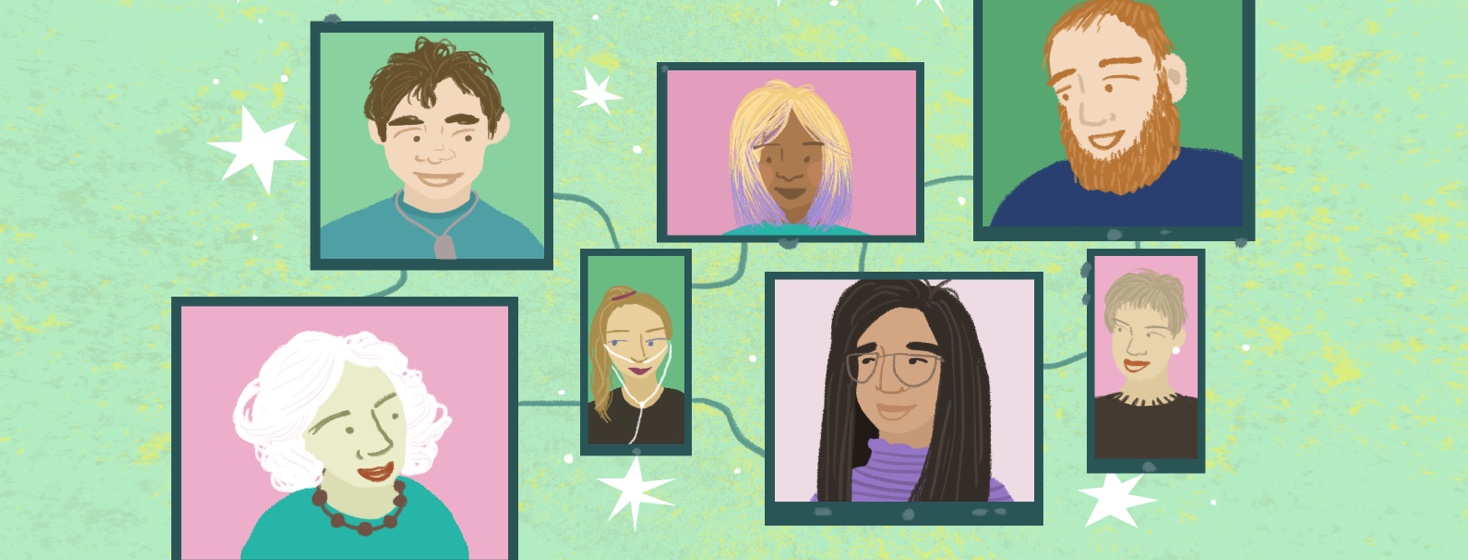The Importance of Community
Human connections can help us feel less alone after a cancer diagnosis. A community can be stronger than cancer and help manage the disruptions caused by the disease.
I was extremely fortunate to connect with the “Leukemia and Lymphoma Society”, a community that provided needed guidance and support to me as a newly diagnosed blood cancer patient at a critical time. My initial contact person listened, provided information and support when I needed it most. With her encouragement, I was able to see a future in spite of this cancer diagnosis. To this day, I am fortunate to participate as a First Connection volunteer. In this role, I respond to requests for telephone contact with a patient with a similar diagnosis.
We discuss the disease, treatments, and any other issues of interest for my fellow cancer survivor.
Sharing my experience with others
In time, I discovered a valuable resource in our Blood-Cancer.com community. This online site provides education and support. I am honored to write articles that share my thoughts, experiences, and recent research of interest to blood cancer survivors. It has been a gratifying opportunity to both learn from and contribute to this blood cancer community. This community connects with cancer patients and caregivers online to reduce anxiety, stress, and isolation.
Support from a community can assist the cancer survivor to navigate every aspect of the cancer journey. One can learn about diagnostics, treatment, expected side effects, strategies to manage stress, and work and family-related issues.
By talking and sharing feelings, the cancer survivor can be more prepared for the future and life after cancer. In both the blood cancer community and conversations as a First Connection volunteer for the Leukemia and Lymphoma Society, issues of physical health, mental and emotional health, and the effects of cancer on relationships are addressed. These experiences are shared so that once cancer treatment is completed, the survivor need not feel alone.
Finding community support
There are different forms of community support for a cancer survivor. Support and counseling for cancer survivors by phone or online helps provide guidance, resources, and support topics may include information about cancer, identification of a local support group, or financial navigation. Online resources allow participants to take part any time of day or night connecting with others in a similar situation no matter where they live. It may also give people who may not like “face to face” groups another option.
In-person support groups provide an opportunity for cancer survivors to talk about feelings, help to deal with practical problems, and learn that they are not alone. There are different types of support groups. Some groups are cancer-specific or other disease-focused. As an RN, I had the opportunity to facilitate both a Heart Support Group and a Cancer Support group. In both situations, patients were brought together in a safe forum to share concerns and gain the confidence to face the future.
Both types of community support can provide an opportunity for cancer survivors to exchange ideas and stories, minimize isolation and help create a new normal.

Join the conversation